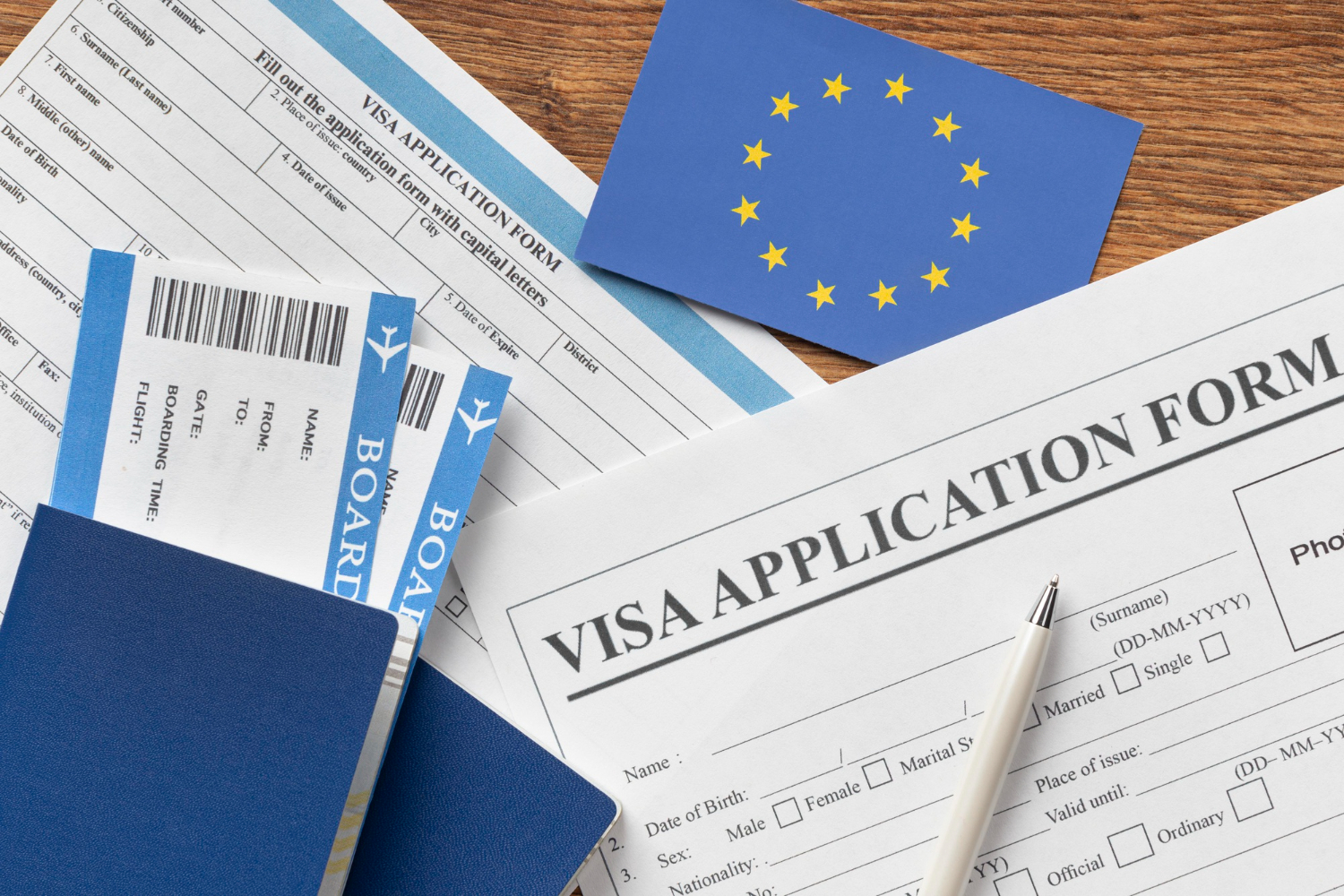
Know more about Schengen and the importance in migrating to EU.
Kehidupan di perantauan • 6 Oktober 2024
The border-free Schengen Area guarantees free movement to more than 425 million EU citizens, along with non-EU nationals living in the EU or visiting the EU as tourists, exchange students, or for business purposes (anyone legally present in the EU). Free movement of persons enables every EU citizen to travel, work, and live in an EU country without special formalities. Schengen underpins this freedom by enabling citizens to move around the Schengen Area without being subject to border checks.
What is Schengen?

The Schengen area is one of the pillars of the European project. Since its creation in 1995, when passport controls were abolished inside this zone, EU citizens enjoy the right to freedom of movement. This means they can live, study, work, and retire anywhere in the EU. Tourists and businesses also benefit from these rights.
Schengen countries
All EU countries are part of Schengen except for Ireland, which has opt-outs, and Cyprus, which is due to join Schengen at some point in the future. EU countries have agreed to lift border controls at air and maritime borders for people traveling from and to Bulgaria and Romania as of 31 March 2024.
In addition, four non-EU countries are also part of the Schengen area: Iceland, Norway, Switzerland and Liechtenstein.
Can Indonesia apply for Schengen visa authorization?
Indonesians traveling within the EU can apply for Schengen. You will need: to provide the below requirements.
- two recently taken passport-style photos,
- an Indonesian passport, or other travel documents that are no older than 10 years and valid for at least three months after your departure date from the Schengen Area.
- You will also need a certificate showing you have travel and medical insurance covering you up to costs of €30,000,
- evidence of legal residence in Indonesia (such as an ID card or residence permit),
- a flight itinerary
- proof of accommodation during your stay,
- proof of your civil status, like a marriage certificate, and
- proof you have the means to support yourself during your stay.
Applications should take around 15 days but can take up to 30 days to process, especially during busy periods. However, in some cases, it may take up to 60 days.
Managing migration and the security of its external borders is a challenge for Europe. Illegal crossings were detected at the EU’s external borders. EU tries to strengthen its external border controls and to deal more efficiently with people traveling to and within the EU.

